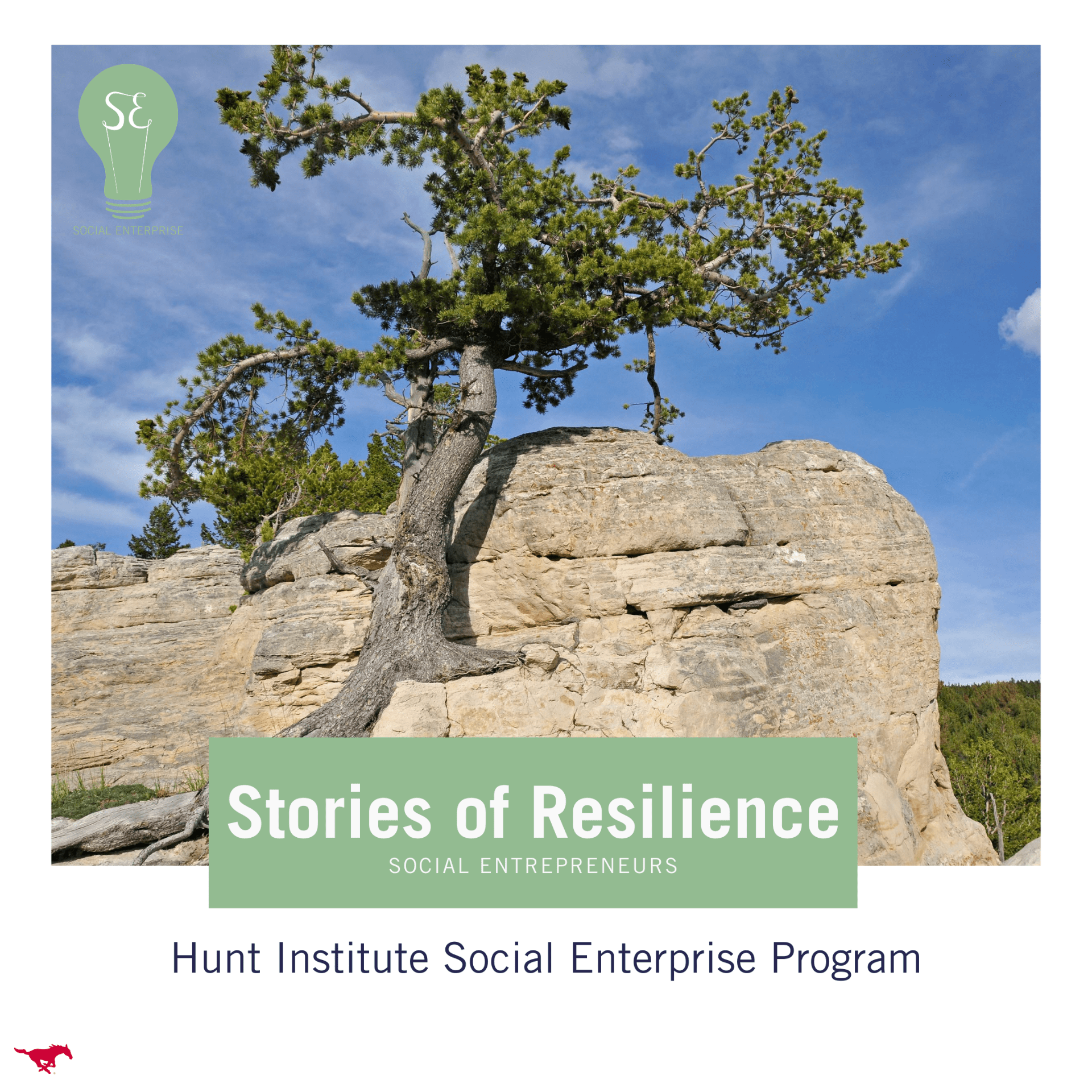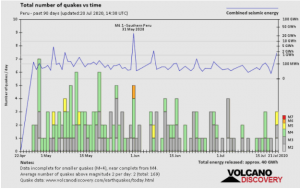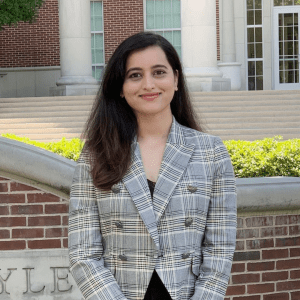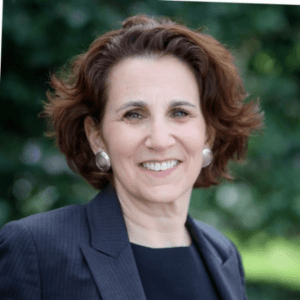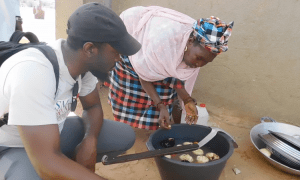 SOCIAL ENTERPRISES INNOVATING IN RESPONSE TO COVID-19: It goes without saying that the coronavirus pandemic has significantly impacted businesses and social entrepreneurs around the world. We have collected three stories of resilience about innovative social enterprises that have successfully adapted their business models during this time of crisis. The worst of times can bring out the trueness of character. For these social enterprises, that character is evidenced in finding ways to give and impact people’s lives irregardless of the obstacles in their way.
SOCIAL ENTERPRISES INNOVATING IN RESPONSE TO COVID-19: It goes without saying that the coronavirus pandemic has significantly impacted businesses and social entrepreneurs around the world. We have collected three stories of resilience about innovative social enterprises that have successfully adapted their business models during this time of crisis. The worst of times can bring out the trueness of character. For these social enterprises, that character is evidenced in finding ways to give and impact people’s lives irregardless of the obstacles in their way.
Our first example is Restorative Farms which is a part of the Hunt Institute’s Social Enterprise Program. Restorative Farms effectively transitioned the focus of their operations to selling Victory GroBoxes. With the profits from the GroBoxes, Restorative Farms is able to continue accelerating its mission – to foster a vibrant and viable community-based urban farm system in South Dallas, a community that needs better access to fresh food and employment opportunities. Restorative Farms dedicates 10% of GroBox revenue to provide boxes for community members in need. To date, Restorative Farms has supplied 52 Victory GroBoxes, full of fresh produce, to the South Dallas community.
 Secondly, we focus on PichaEats, a catering company based in Malaysia whose mission is to empower refugees by training them as professional chefs so that they can earn a living and support their families with dignity. With in-person events no longer taking place, PichaEats had to figure out another way for the chefs’ meals to reach the community. Through the ZaZa Movement, PichaEats chefs were able to cook from home and deliver meals to front-line workers and those who had lost their jobs. To date, the organization has distributed almost 15,000 meals.
Secondly, we focus on PichaEats, a catering company based in Malaysia whose mission is to empower refugees by training them as professional chefs so that they can earn a living and support their families with dignity. With in-person events no longer taking place, PichaEats had to figure out another way for the chefs’ meals to reach the community. Through the ZaZa Movement, PichaEats chefs were able to cook from home and deliver meals to front-line workers and those who had lost their jobs. To date, the organization has distributed almost 15,000 meals.
Finally, we share the story of Change Please, a UK-based social enterprise that supports people out of homelessness by training them to become baristas and providing them with a job at one of the organization’s coffee shops. In addition to paying for the baristas’ wages, the profits from the coffee shops also go towards paying for housing and counseling. In the wake of the lockdown, Change Please, with the support of corporate partners, moved their operations to hospitals, serving free coffee to front-line workers. Although the organization is unable to operate as usual, this innovative change allowed the baristas to continue working and receiving a living wage.
To learn more about the Hunt Institute’s Social 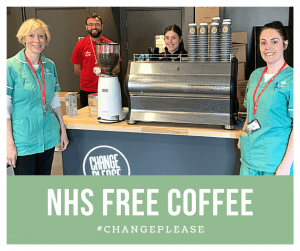 Enterprise Program, visit smu.edu/socialenterprise. For more case studies and examples, stay tuned to the Hunt Institute Digest.
Enterprise Program, visit smu.edu/socialenterprise. For more case studies and examples, stay tuned to the Hunt Institute Digest.
To read more about the Hunt Institute’s work to develop future-focused solutions to some of the world’s biggest problems, please click here. For the latest news on the Hunt Institute, follow our social media accounts on LinkedIn, Facebook, Twitter, and Instagram. We invite you to listen to our Podcast called Sages & Seekers. If you are considering engaging with the institute, you can donate, or sign-up for our newsletter by emailing huntinstitute@smu.edu.

